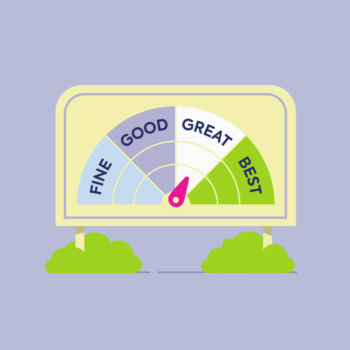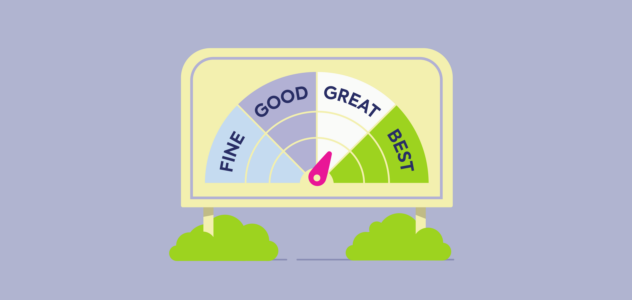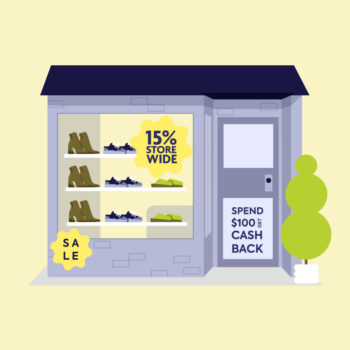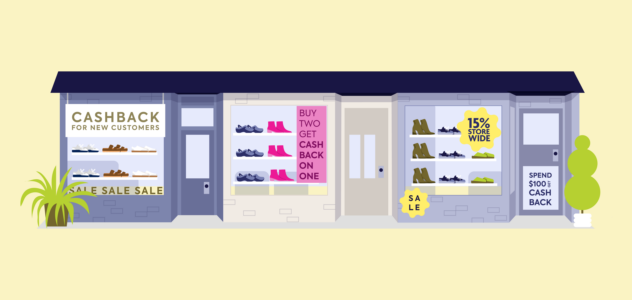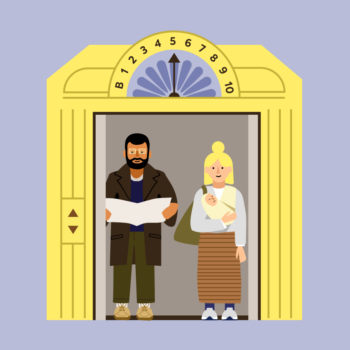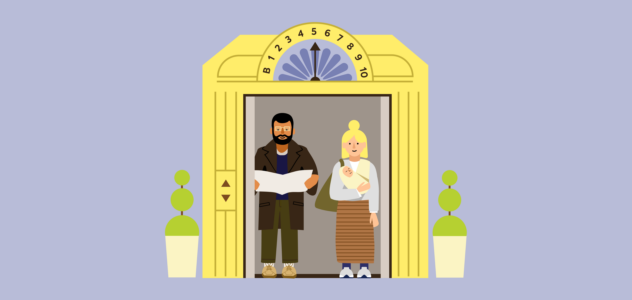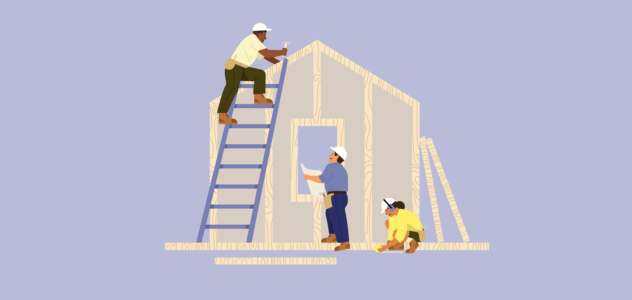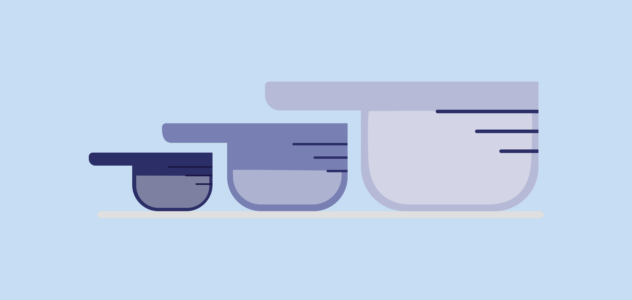As you pay down your mortgage or the value of your home increases, you’re building a handy thing called equity.
Equity is the portion of your property that you truly own outright (yes, yours, not the banks). And equity can be a useful resource to tap into to achieve other goals, like buying an investment property or renovating.
So let’s answer: What is home equity? How do you calculate it? And most importantly, how can you use and access equity?
What is equity in a home?
Equity is the difference between your home’s total value and the amount you owe on your mortgage. The answer will tell you how much of your property you truly own (woo!).
For example, say the current value of your home is $800,000 and you still owe $500,000 on your loan – your equity would be $300,000 (that is, $800,000 – $500,000).
And because the property market can fluctuate often (and as result, your home’s value) your equity can fluctuate, too.
Why is home equity valuable?
It’s not just a fancy word investors use – home equity is incredibly valuable for setting up your future.
Firstly, your home is often your most valuable asset – it can help you build wealth and make a significant contribution to your net worth.
You can also leverage equity to reach other goals, like using it as a deposit for another property, renovations or buying something special like a car or a dream family holiday.
How to calculate home equity
The calculation is simple: it’s your home’s total value minus the amount you owe. The answer gives you the portion of the property value you own outright.
Since the property market can fluctuate, it’s essential to have an updated figure for how much your home is worth (otherwise, your equity calculation may be off).
Get personalised mortgage advice
Speak to a Finspo mortgage broker about your next home loan move. 100% online & free.
How do I access equity in my home?
One of the most common ways to access equity is through refinancing. But there are a few more steps before you get to that point.
Calculate your equity
We’ve said it once, we’ll say it again: You need an updated property valuation to calculate your equity (a home loan expert can guide you through this step or you can request a free property profile report from us)
Find out how much you could access
Just because you HAVE a certain amount of equity, doesn’t necessarily mean you’ll be able to access it all (what you can actually access is called ‘usable equity’). You can usually borrow up to 80% of the value of your property, without having to pay Lender’s Mortgage Insurance. In saying that, to get 80% you’ll still have to demonstrate to your lender you can afford repayments on the new increased loan amount.
So if we put that into a calculation, it’s your property value multiplied by 80%, less your current loan amount.
Consider refinancing
The most common method to access equity – refinancing is when you replace your current home loan with a new one. By refinancing your loan, you can tap into equity to reach your goals.
Get your new loan
Booyah – you’ve got some equity! Once you’ve refinanced, you’ll get a new home loan (chances are, your repayments will go up as you’ll likely have an increased loan amount). Then, the difference between your old loan amount and your new loan amount can be sent to your bank or offset account as a lump sum of cash-money.
Note: if you access over 80% of your home’s value, you may have to pay Lender’s Morgage Insurance (AKA a specialist insurance a lender takes out to insure itself against any risk that the loan isn’t repaid in full – often taken out in higher risk situations).
Still not sure where to begin? A mortgage broker (AKA home loan expert) can help you at every step of the way. That’s us.
What can equity be used for?
The most common reason to tap into equity is to purchase an investment property (go you, you property mogul). Once you’ve broken into the property market, equity becomes a super handy asset to tap into and build your property portfolio.
You can also use equity to:
- Fund a renovation – get that fancy new bathroom, finally
- Pay down personal loans – like credit cards or a HECS debt
- Treat yourself – like purchasing a new car, boat or holiday
Note: It can be useful to use your equity to pay off your most expensive loans. What we mean by that – loans where the interest rate is higher than your home loan. Decisions like this could save you money in the long run. This doesn’t take into account any tax implications (speak to a tax expert about that).
So, what is a home equity loan, then?
Sometimes known as a ‘second mortgage’, a home equity loan is a broad term for any loan where you borrow against the equity in your home. They’re typically offered as a line of credit which gives you lots of flexibility to use the funds how and when you need.
It can be a handy alternative to getting a credit card or personal usually with a lower interest rate – instead, it takes advantage of the assets you already have sitting there.
Your home equity FAQS, answered
Can you use equity to buy an investment property?
Yep, you can use equity to help fund the deposit for an investment property. If you’ve had your home loan for a few years or more, you’ve paid off a decent portion, or your property has increased in value, you might be able to access equity to fund your next home.
What is ‘usable’ equity?
You won’t necessarily be able to access ALL of your equity (you can usually borrow up to 80% of the value of your property without having to pay Lender’s Mortgage Insurance). Therefore, what you can actually access is called ‘usable equity’.
How much equity do I have in my home?
If you’ve owned your home for a few years, you’ve probably built up some equity. Find out how much equity you have in your home using our calculation above (remember, you’ll need an updated valuation of your home). A mortgage broker (or home loan expert) can help you get started – and we offer free property reports, too.
How does equity work when buying a second home?
To purchase a property you need a deposit (and in your first home, it probably took a whole lot of time and energy to save up!) But instead of saving for another 20% deposit (ugh) when buying a second home, you can use equity instead. So instead of having cash-money outright, you can get a top up loan to fund the deposit, or use your current property as security.
Can you use home equity for a construction loan?
Construction loans (also known as building loans) are loans for building or renovating your home. In some cases, you can use equity for a construction loan (although every situation is unique).
Can you use equity for home improvements?
Typically, yes. This is a common reason for accessing equity.
What are some ways to build equity?
If you’re paying off your mortgage and your property value is increasing – your equity will naturally be going up. Woo!
Buuut if you want to build equity sooner, you’ll need to either make more repayments or increase your property value. You can potentially increase your property value by renovating or upgrading (although it’s important to weigh up the expenses of this versus the reward it will bring).
Want to find out how much home equity you could tap into?
If you’re ready to tap into some equity, or just want to have a chat about what’s possible, our mortgage brokers (or home loan experts) can work through it with you.
Meeting with a Finspo home loan expert is easy, free and totally non-intimidating. Yes, we said free.





